In Praise of the Spiritual Master
In darkness have I traveled, In nescience was I born. For eons had I journeyed In existence forlorn, My knowledge had been covered, Forgetful. and blind, In different planes I’d hovered, But soon I lost my mind.
By BTG Editors on Prabhupada Memories
In darkness have I traveled, In nescience was I born. For eons had I journeyed In existence forlorn, My knowledge had been covered, Forgetful. and blind, In different planes I’d hovered, But soon I lost my mind.
By Madhudvisa dasa on ~Featured~, Prabhupada Memories
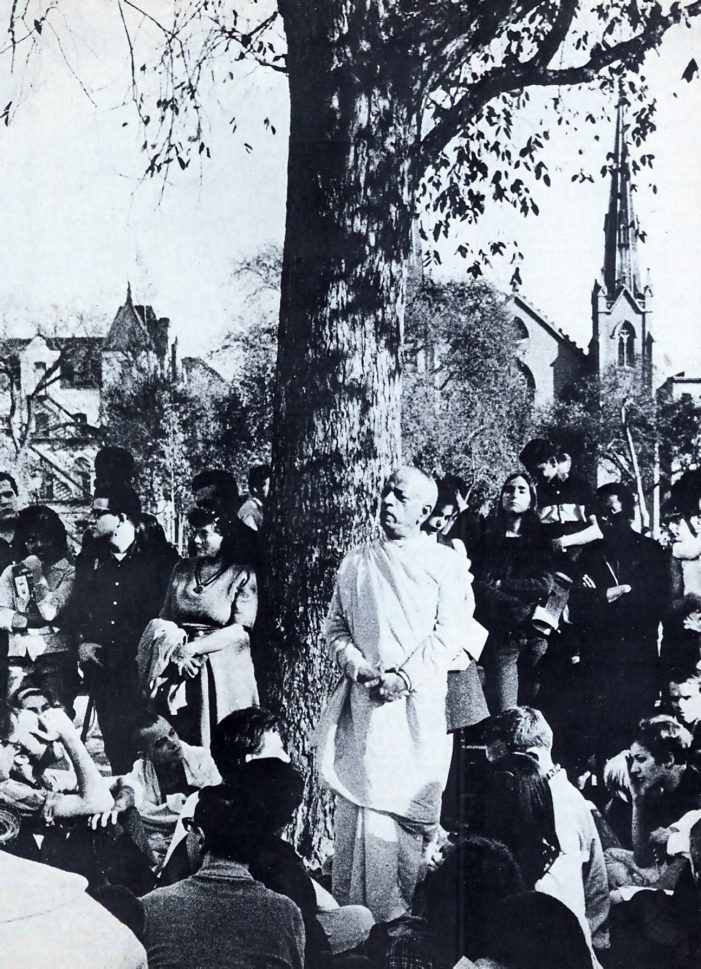
Since he started the public chanting of Hare Krsna in Washington Square Park, in the heart of Greenwich Village, Srila Prabhupada had been sending out small “parades” of devotees, chanting and playing hand cymbals through the streets of the Lower East Side.
By Satsvarupa dasa Gosvami on ~Featured~, Prabhupada Memories
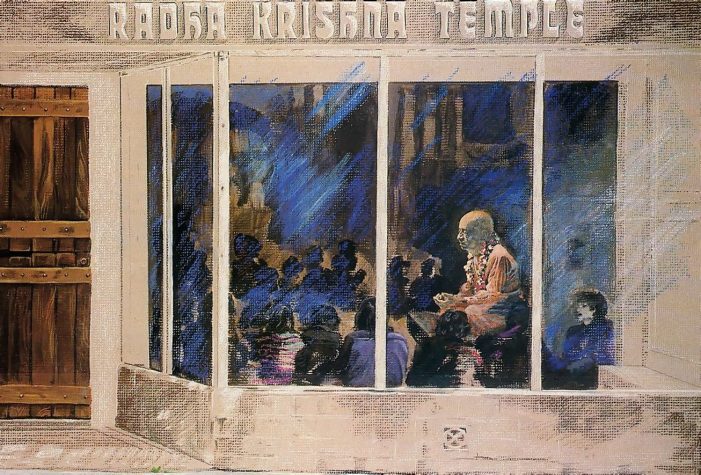
Srila Prabhupada had come to San Francisco as the hippie movement was reaching its height. He found his small temple on Frederick Street, in the heart of the Haight-Ashbury district was becoming a spiritual haven for troubled, searching, and sometimes desperate young people.
By Satsvarupa dasa Gosvami on ~Featured~, Prabhupada Memories
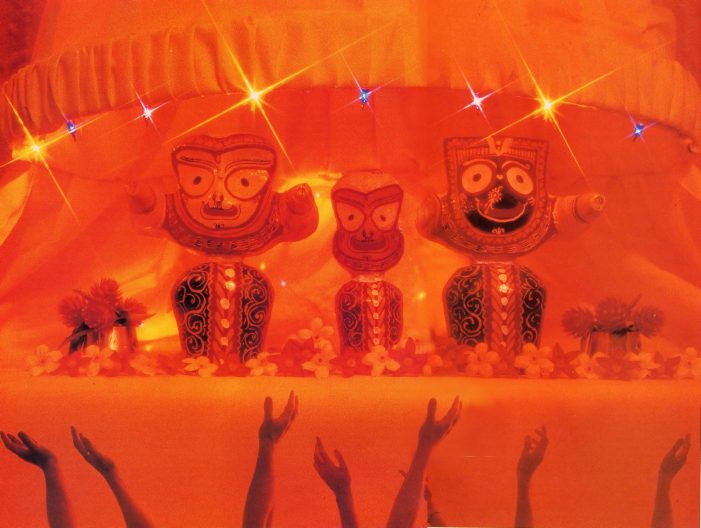
San Francisco, 1967. Prabhupada’s temple had become an integral part of the youth scene in the Haight-Ashbury district. Now, unexpectedly, the Lord of the universe came to the temple through the agency of a local import store.
By Satsvarupa dasa Gosvami on ~Featured~, Prabhupada Memories
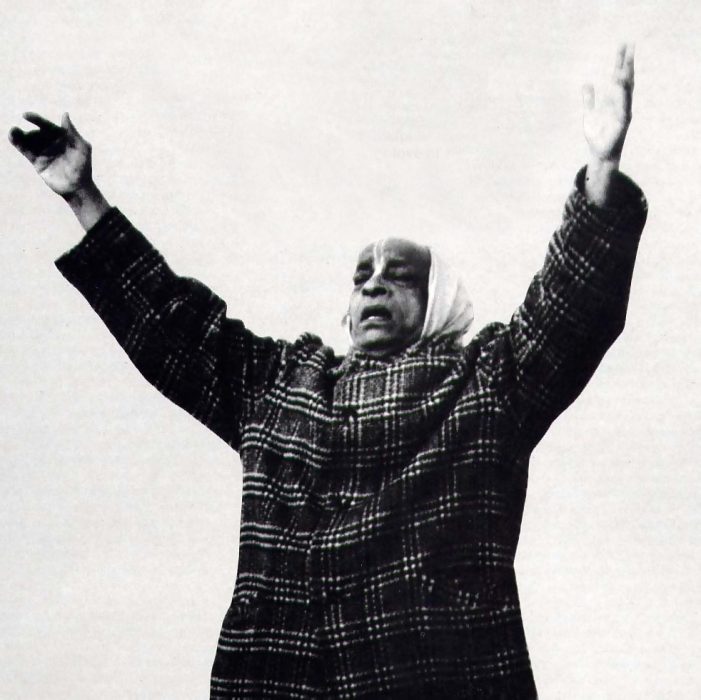
Srila Prabhupada had planted the seed of Krsna consciousness in the fertile ground of New York’s Lower East Side and seen it take root and flourish. But when he came to San Francisco, his International Society for Krishna Consciousness truly began to blossom.
By Satsvarupa dasa Gosvami on ~Featured~, Prabhupada Memories
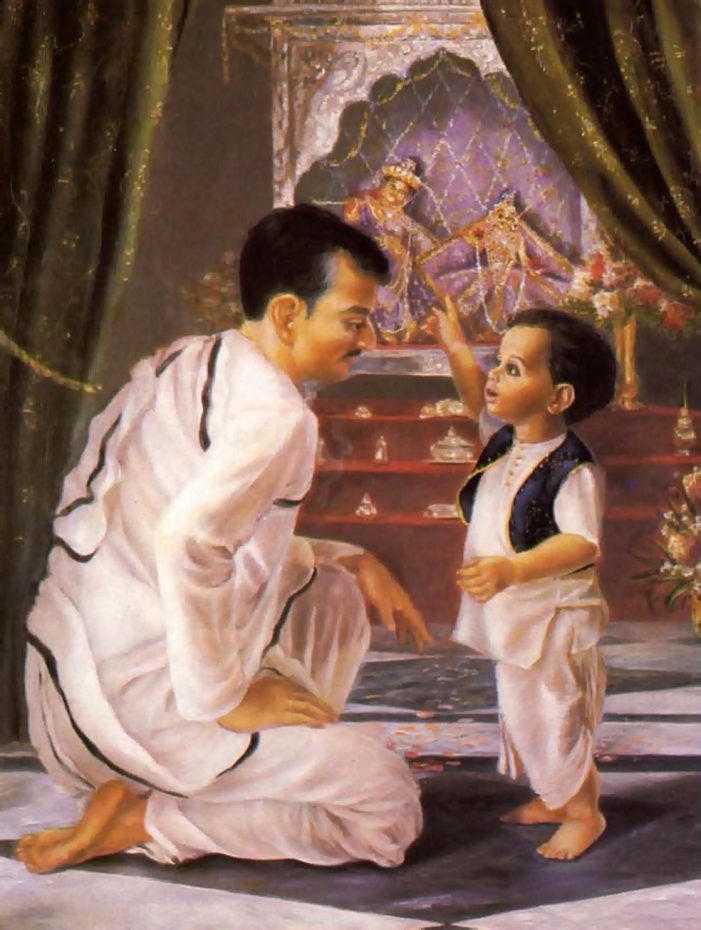
An astrologer did a horoscope for the child, and the family was made jubilant by the auspicious reading. The astrologer made a specific prediction: When this child reached the age of seventy, he would cross the ocean, become a great exponent of religion, and open 108 temples.
By Satsvarupa dasa Gosvami on Prabhupada Memories, ~Featured~
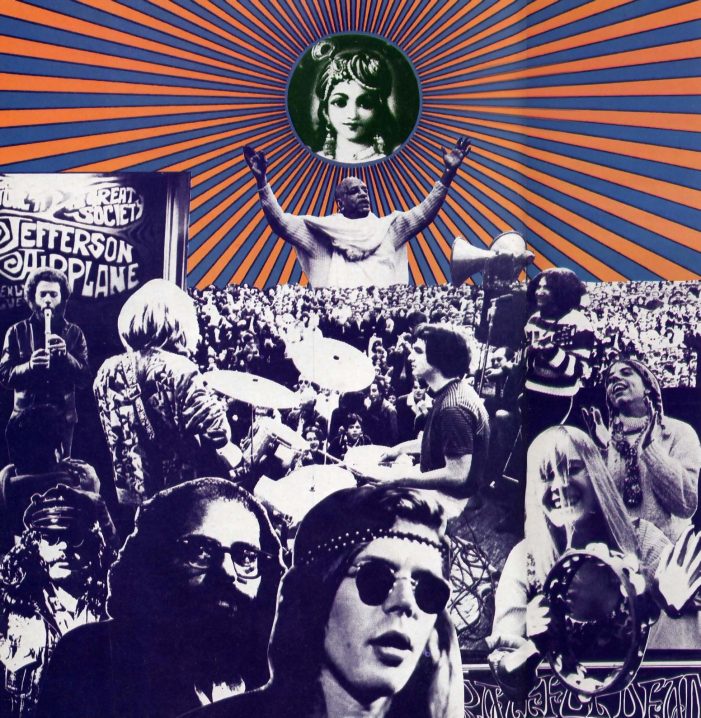
Though some of the New York disciples had objected, Srila Prabhupada was still scheduled for the Mantra-Rock Dance at the Avalon Ballroom. It wasn’t proper, they had said, for the devotees out in San Francisco to ask their spiritual master to go to such a place.
By Satsvarupa dasa Gosvami on ~Featured~, Prabhupada Memories
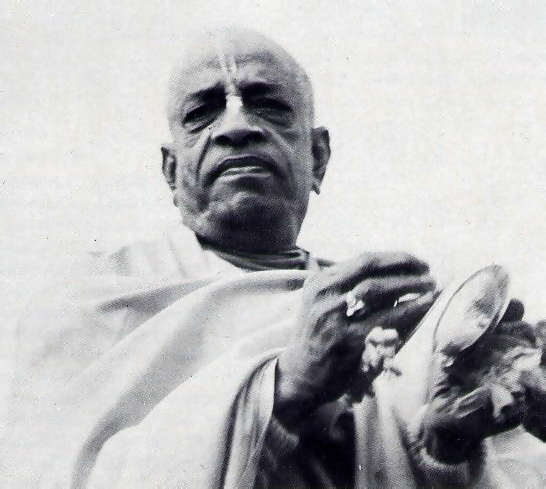
During the two months spent at 26 Second Avenue, Srila Prabhupada had achieved what had formerly been only a dream. He now had a temple, a duly registered society, full freedom to preach, and a band of initiated disciples.
By Satsvarupa dasa Gosvami on ~Featured~, Prabhupada Memories
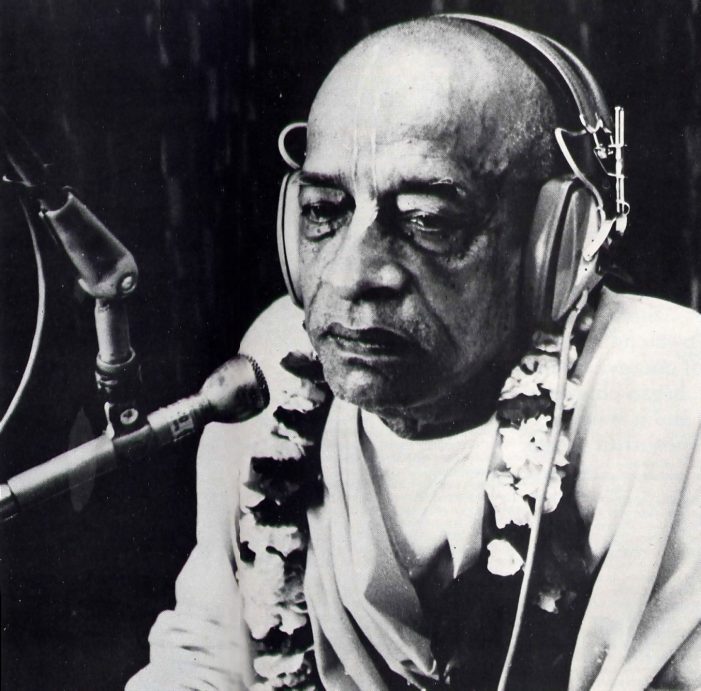
On a small press Srila Prabhupada’s disciples printed the first BACK TO GODHEAD magazine, one hundred copies, and then distributed them by bicycle.
By Satsvarupa dasa Gosvami on Prabhupada Memories, ~Featured~
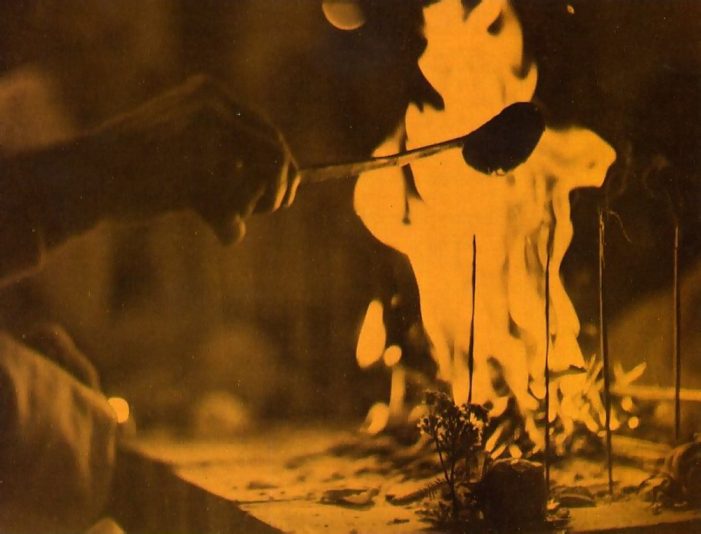
Shortly after founding the first Krsna conscious temple in the West, Srila Prabhupada organized the first Vedic marriage ceremony, replete with fire sacrifice, garlands, exotic foods, and an intimation of the worldwide mission soon to follow.
By Satsvarupa dasa Gosvami on ~Featured~, Prabhupada Memories
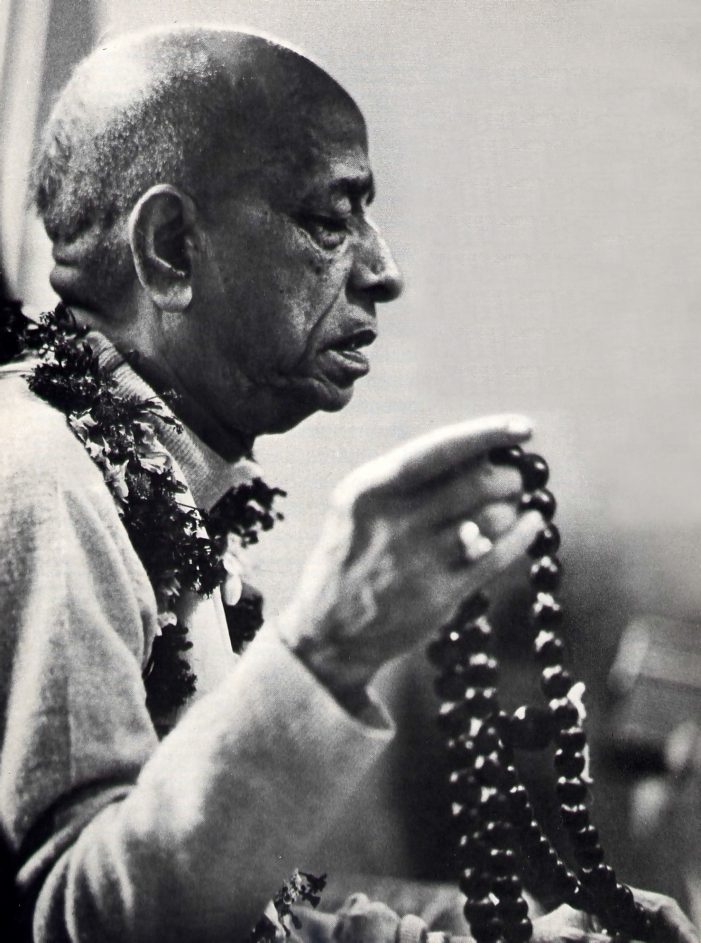
Prabhupada announced that he would soon hold an initiation. “What’s initiation, Swamiji?” one of the boys asked, and Prabhupada replied, “I will tell you later.”
By Satsvarupa dasa Gosvami on Prabhupada Memories
While telling about Lord Caitanya’s universal sankirtana movement of chanting God’s holy names, Srila Prabhupada would explain that Christians could also take part by chanting the name of Jesus Christ.
By Satsvarupa dasa Gosvami on ~Featured~, Prabhupada Memories
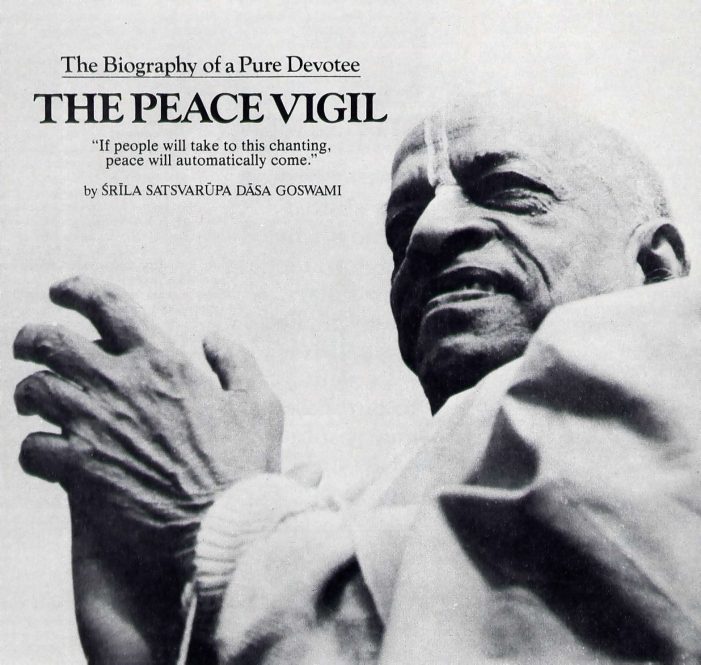
The ’60s proved a fertile field for Prabhupada’s planting the seeds of Krsna consciousness in the West. Now the intensifying war in Vietnam, bringing forth a widespread clamor for peace, provided him an opportunity to present Krsna consciousness as the real peace formula.
By Satsvarupa dasa Gosvami on ~Featured~, Prabhupada Memories
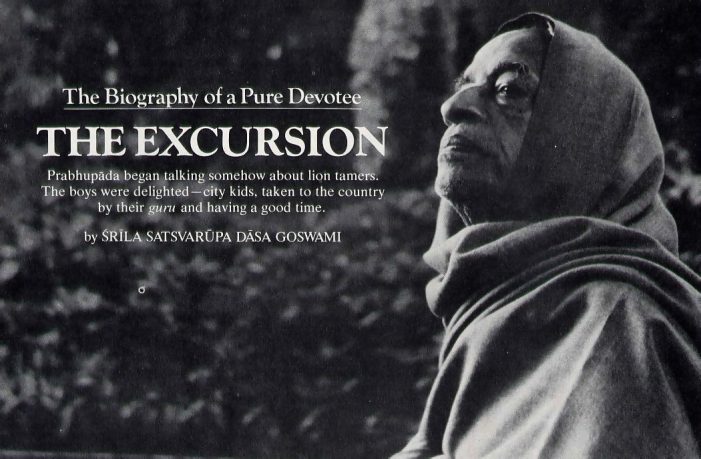
The small storefront temple at 26 Second Avenue had begun to thrive. Srila Prabhupada, by his chanting, his strong preaching, his delicious meals of prasadam, but most of all by his transcendental loving personality, had attracted a few sincere followers.
By Satsvarupa dasa Gosvami on ~Featured~, Prabhupada Memories
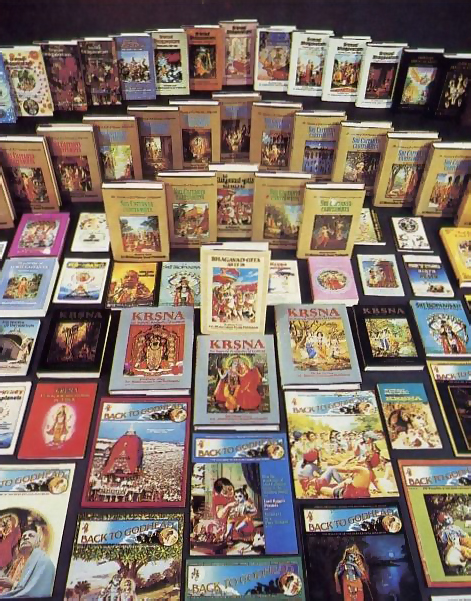
There were predictions that after his disappearance the movement and teachings he had established would soon fall apart. Now it is three years later, and Srila Prabhupada’s unique contributions are still flourishing.
By Ravindra Svarupa dasa on ~Featured~, Prabhupada Memories
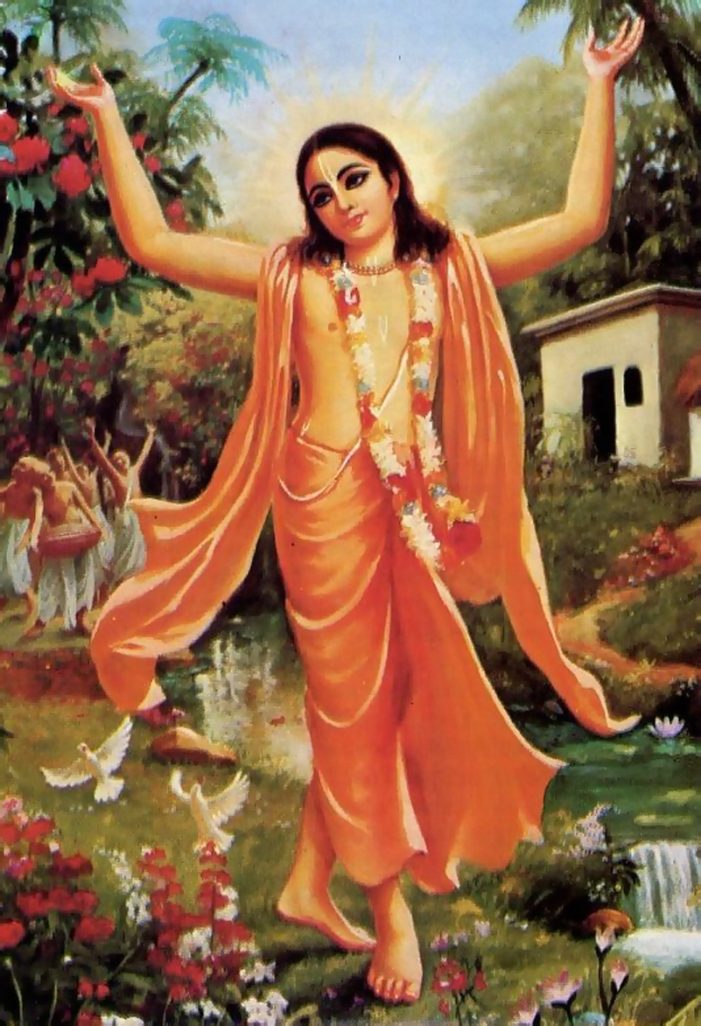
Behind Srila Prabhupada’s appearance on the alien Manhattan streets stand five millennia of planning and effort. The story of it opens one sunrise fifty centuries ago in the Himalayas, where the sage Krsna-Dvaipayana Vyasa sits in trance on the bank of the Sarasvati.
By Satsvarupa dasa Gosvami on ~Featured~, Prabhupada Memories
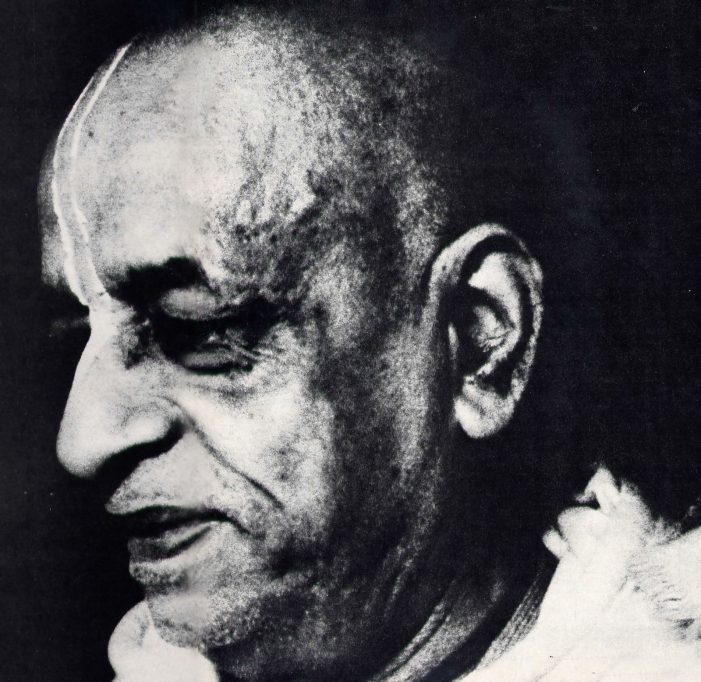
“The Swamiji doesn’t want anyone smoking pot here.” Don denied it: “I have not been smoking. You are not speaking the truth.” The boy then reached into Don’s shirt pocket and pulled out a joint, and Don hit him in the face.
By Satsvarupa dasa Gosvami on ~Featured~, Prabhupada Memories

He was maestro of the chanting, head of the kitchen, and spiritual father to a band of wild, candid young Americans.
By Satsvarupa dasa Gosvami on Prabhupada Memories

1966: The Lower East Side, New York. The building was humble, the membership small, yet Srila Prabhupada’s vision encompassed the whole world.
By Madhudvisa dasa on Prabhupada Memories, ~Featured~

Prabhupada retired through the rear door, back up to his apartment, his guests would disappear through the front door, back into the city. Don and Raphael would turn out the lights, lock the front door, and go to sleep on the floor in their blankets.
